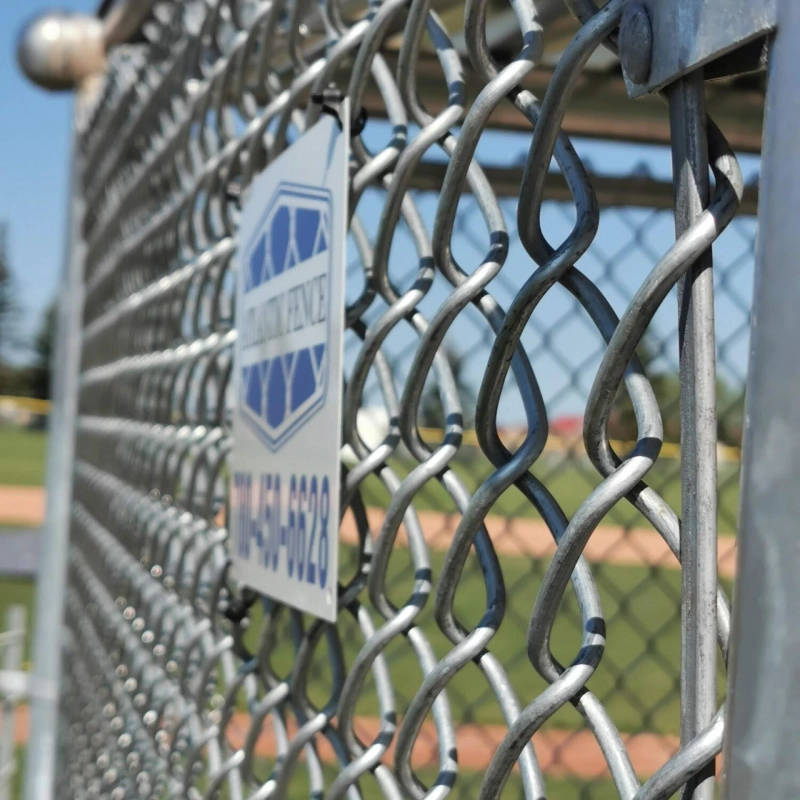Having a fence around your pool is essential for safety, privacy, and aesthetic purposes. With numerous options available in the market, choosing the perfect fence can be overwhelming. However, by considering various factors such as safety regulations, material options, durability, aesthetics, and budget, you can make an informed decision that meets your needs and preferences.
I. Introduction
A pool fence is a crucial safety feature that helps prevent accidents and drowning incidents, especially involving young children and pets. Beyond safety, a well-chosen pool fence can enhance the overall appearance of your pool area and provide privacy from neighboring properties. When selecting a pool fence, it's essential to consider several factors to ensure that it meets your requirements while complementing your property's aesthetics.
II. Safety Regulations
Before installing a pool fence, it's crucial to familiarize yourself with local building codes and regulations regarding pool safety. These regulations typically include requirements for fence height, gate specifications, and minimum gap sizes to prevent children from accessing the pool area unsupervised. By ensuring compliance with safety regulations, you can create a secure environment for your family and guests.
III. Material Options
Pool fences are available in various materials, each offering its unique benefits and drawbacks. Common options include aluminum, wrought iron, vinyl, wood, and glass. Aluminum and vinyl fences are popular choices due to their durability, low maintenance requirements, and affordability. Wrought iron fences offer a classic and elegant look but may require more maintenance to prevent rust. Wooden fences provide a natural and rustic aesthetic but require regular staining or painting to maintain their appearance. Glass fences are modern and stylish, offering unobstructed views of the pool area but may be more expensive.
IV. Durability and Maintenance
When choosing a pool fence, it's essential to select a material that is durable and requires minimal maintenance. Factors such as weather resistance, corrosion resistance, and resistance to fading should be considered to ensure the longevity of the fence. Aluminum and vinyl fences are known for their durability and resistance to rust and corrosion, making them ideal choices for pool environments. Wooden fences require regular maintenance to prevent rot, decay, and insect infestation, while glass fences may require occasional cleaning to maintain their transparency.
V. Aesthetic Appeal
In addition to safety and durability, the aesthetic appeal of the pool fence is an important consideration. The fence design should complement the architectural style of your home and landscape while enhancing the overall visual appeal of the pool area. Various decorative elements such as ornamental features, lattice designs, and custom finishes can be incorporated to add character and charm to the fence.
VI. Privacy vs. Visibility
Another factor to consider when choosing a pool fence is the balance between privacy and visibility. While some homeowners prefer a completely private enclosure, others may opt for a fence that provides visibility into the pool area. Semi-private or transparent fences, such as glass or wire mesh, offer a compromise between privacy and visibility, allowing you to enjoy the benefits of both.
VII. Gate Options
The gate is an integral part of the pool fence, providing access to the pool area while ensuring security and safety. It's essential to choose a gate that is self-closing and self-latching to prevent unauthorized access to the pool. Additionally, child safety locks and alarms can be installed to further enhance safety measures. The gate design should complement the overall style of the fence and property, creating a cohesive and aesthetically pleasing look.
VIII. Budget Considerations
Setting a budget for your pool fence project is essential to ensure that you stay within your financial constraints. The cost of a pool fence can vary depending on factors such as material, labor, and additional features. Aluminum and vinyl fences are typically more affordable options compared to wrought iron or glass fences. However, it's essential to weigh the upfront cost against the long-term benefits and durability of the chosen material.
IX. Hiring a Professional Installer
While some homeowners may opt to install the pool fence themselves, hiring a professional installer is often recommended to ensure proper installation and compliance with safety regulations.



